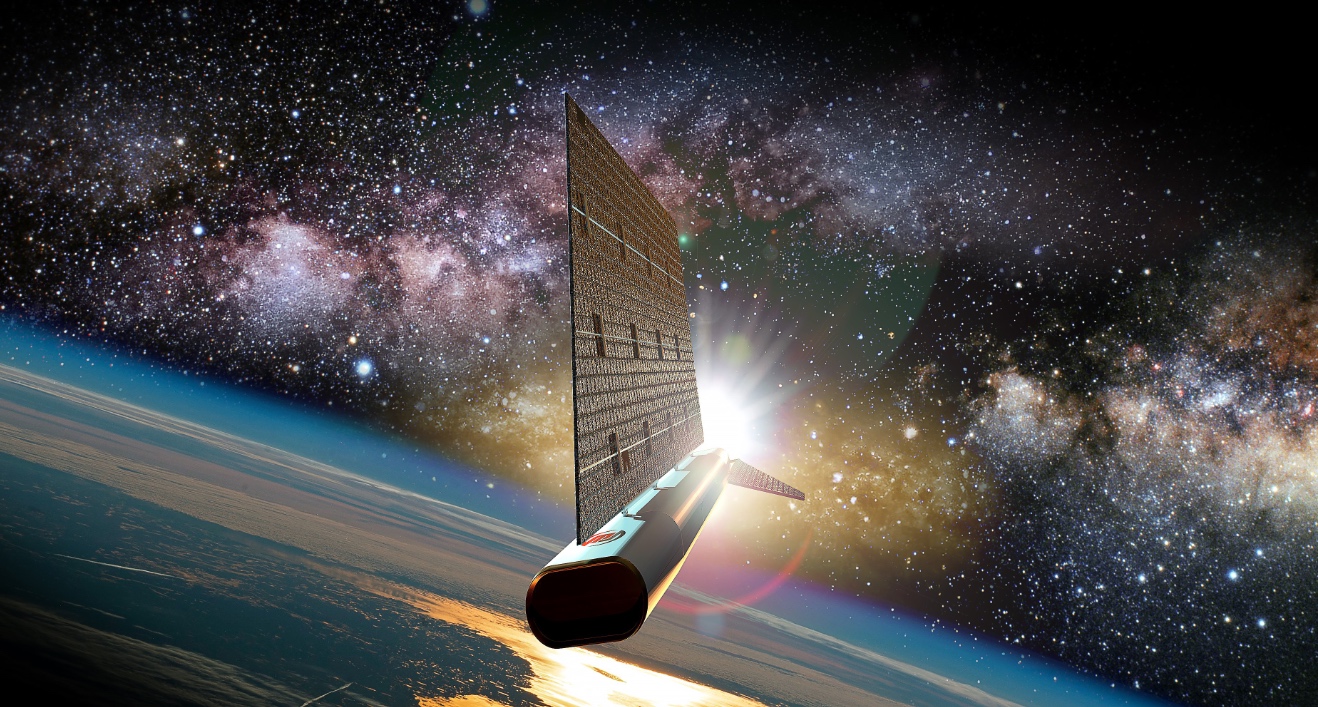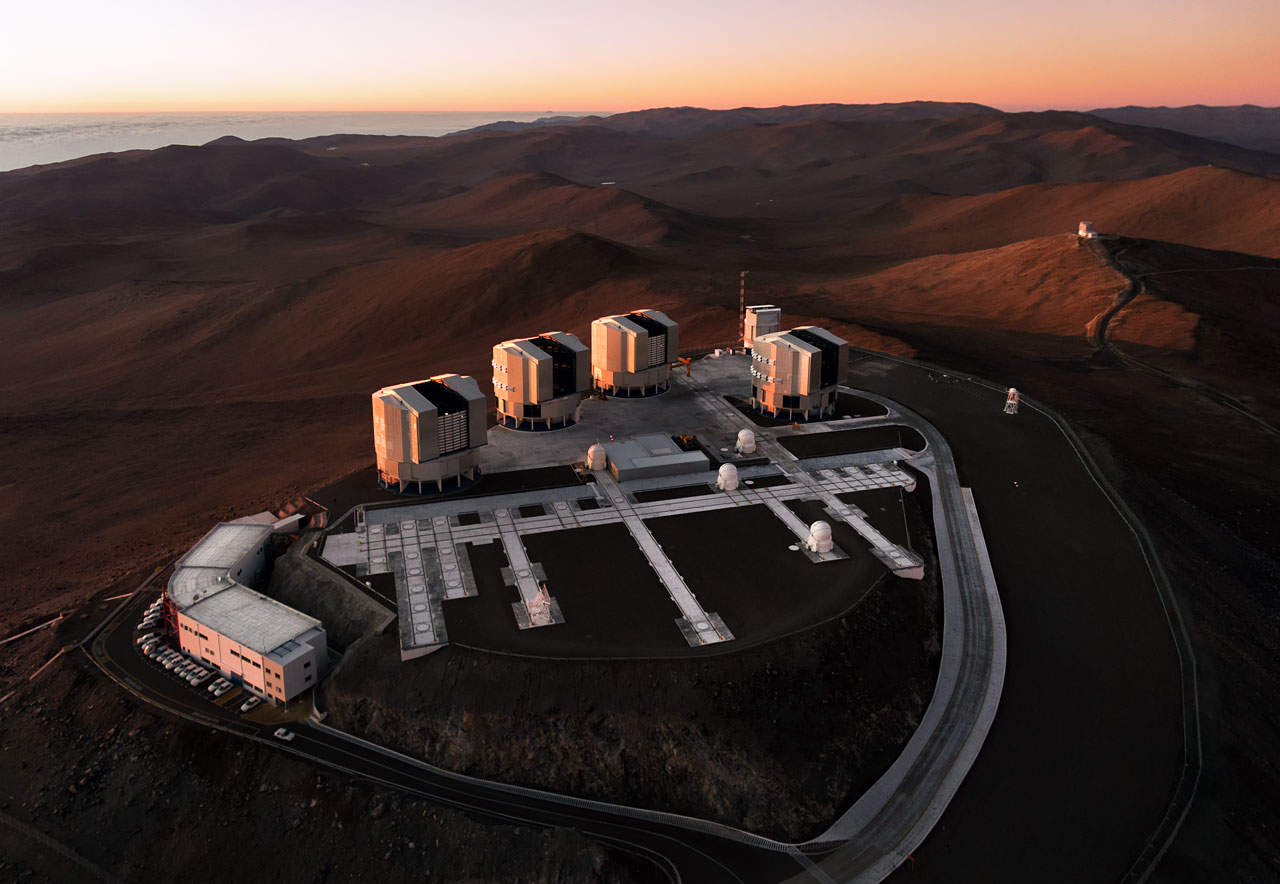Redwire looks to larger deals and new markets to fuel growth

WASHINGTON — Space infrastructure company Redwire plans to continue its growth and its push to profitability by seeking larger contracts for its lines of components while moving up the value chain, including a new satellite design.
In financial results released after the markets closed March 14, Redwire reported revenue of $243.8 million in 2023, a 51.9% increase over 2022. When excluding the contribution from QinetiQ Space NV, a Belgian company Redwire acquired in late 2022, Redwire’s revenue still grew by 26.9%.
The company also reported positive adjusted earnings before interest, taxes, depreciation and amortization (EBITDA) of $15.3 million, versus an adjusted EBITDA loss of $11 million in 2022. The company still reported a net loss of $27.3 million in 2023, but that was an improvement of $103.4 million over 2022.
In a March 15 earnings call, Redwire executives said the financial results were vindicating their approach to the space market, where it acquired several companies that produced spacecraft components ranging from solar arrays to structures and used that as the basis for future development.
“Our heritage-plus-innovation strategy is working,†said Peter Cannito, chief executive of Redwire. “By focusing on the fundamental building blocks of space, we are leading the expanding demand of our customers.â€
That growing demand, he said, is linked to reduced costs of space access. “Deploying space infrastructure is more affordable than ever,†he said. “We continue to see key signs of a massive expansion of demand for space infrastructure.†That demand comes from a mix of national security space activities, expansion of lunar exploration and more general interest in low Earth orbit satellite constellations.
Cannito said Redwire’s plans for future growth involve both increased demand for its current products and movement into new markets. That includes “winning and delivering on increasingly larger orders,†such as a $142 million contract it announced it won in the fourth quarter to provide its Roll-Out Solar Array (ROSA) systems for an undisclosed satellite manufacturer.
That contract comes after Redwire won a separate award, of undisclosed value, from Blue Origin in January to provide ROSA systems and other technologies for the Blue Ring transfer vehicle. “With these two awards, we have begun to scale our production capability while continuing to add to the heritage of our power generation offerings,†Cannito said.
Redwire is also looking to move up the value chain from simply being a component provider. Cannito announced on the call that Redwire is working on a new satellite design called SabreSat intended for very low Earth orbit (VLEO) missions. There is growing interest in VLEO satellites that can provide reduced communications latency or improved imaging resolution because of their lower orbits, but face design challenges from greater atmospheric drag.
“VLEO is a crucial domain for the future of defense and intelligence operations for the U.S. and its allies,†he said. “We are offering customers an innovative approach to explore a leap-ahead orbital platform.†He did not disclose specific details about SabreSat, including its performance or when it would be ready for flight.
Cannito called SabreSat “just one example of how we are exploring opportunities to move up the value chain by designing and developing differentiated next-generation spacecraft that will fill identified gaps in the market for future space infrastructure.†Redwire will also explore opportunities in new markets, like microgravity research, that offer what he called “game-changing potential.â€
The company announced it was forecasting $300 million in revenue in 2024. The company did not offer a forecast for earnings or cash flow for 2024.
Related
Read the original article here




